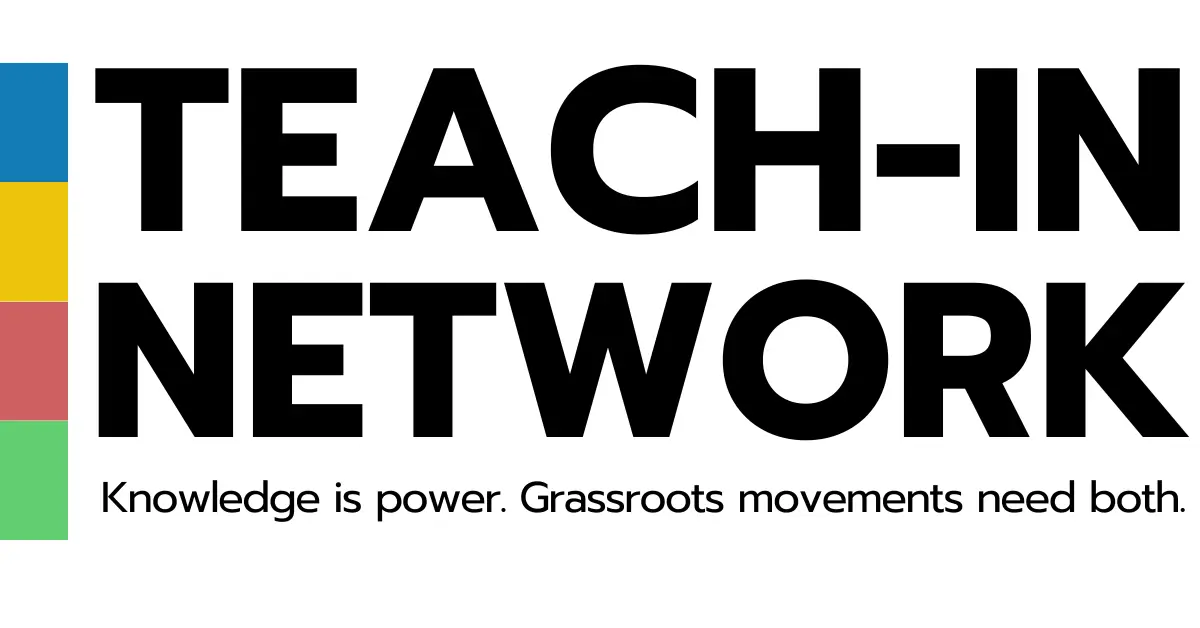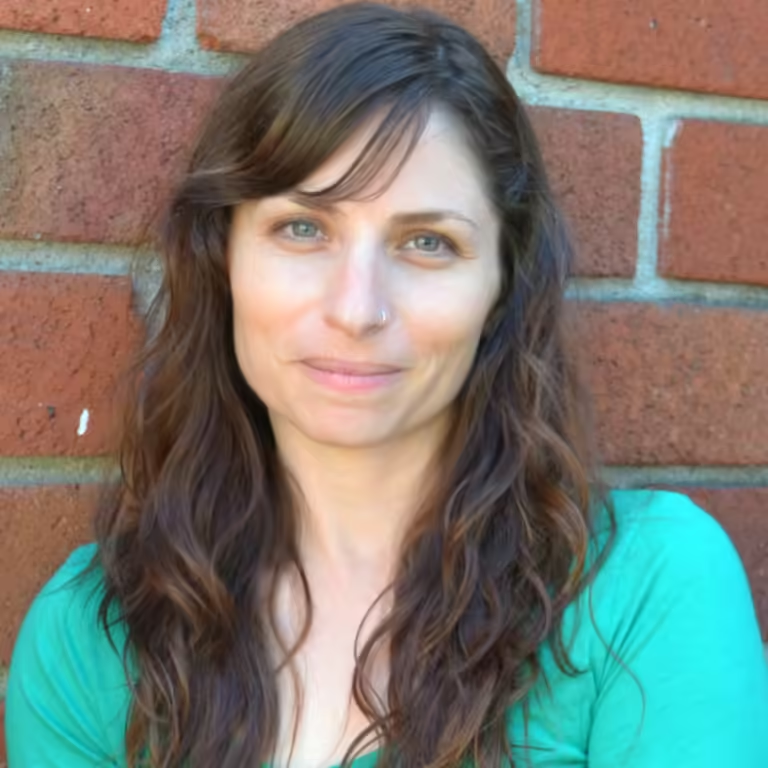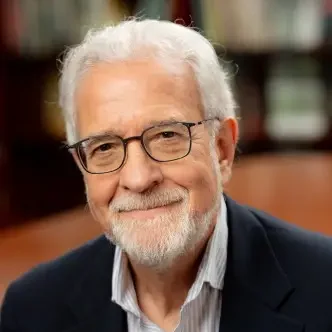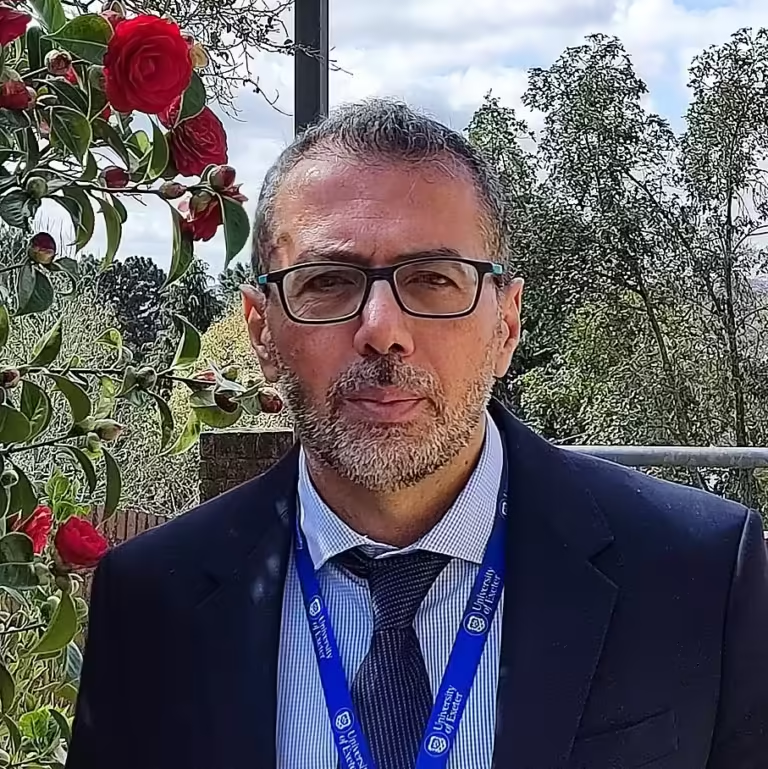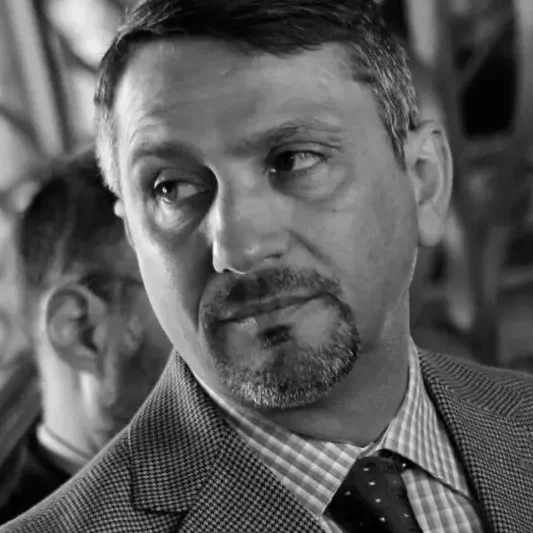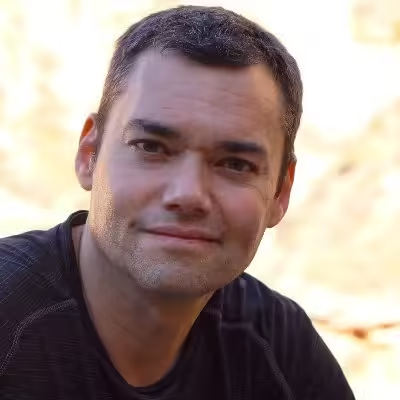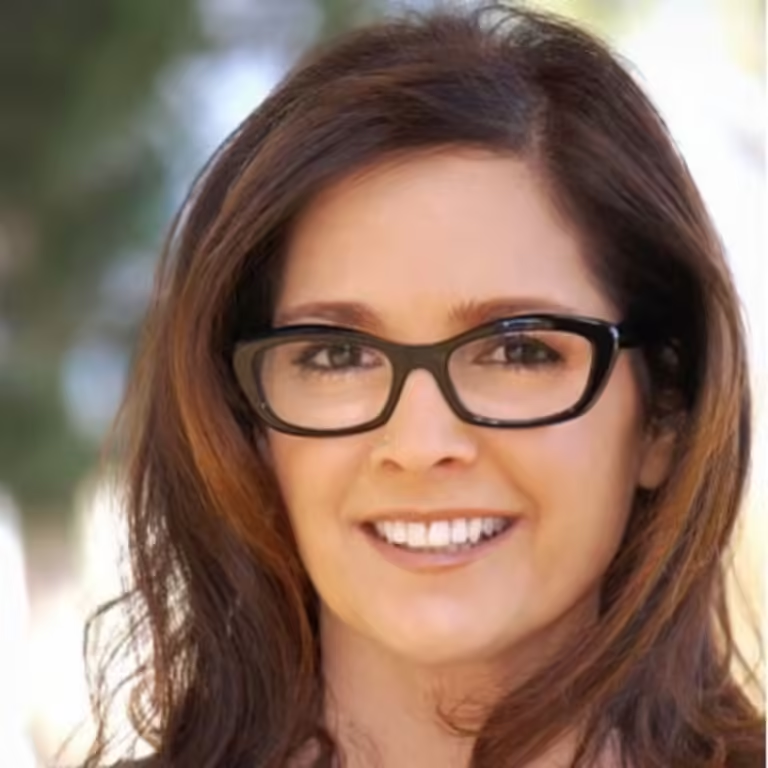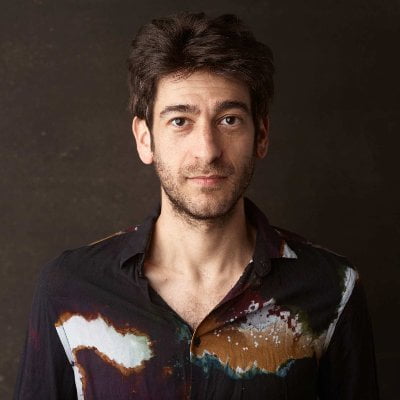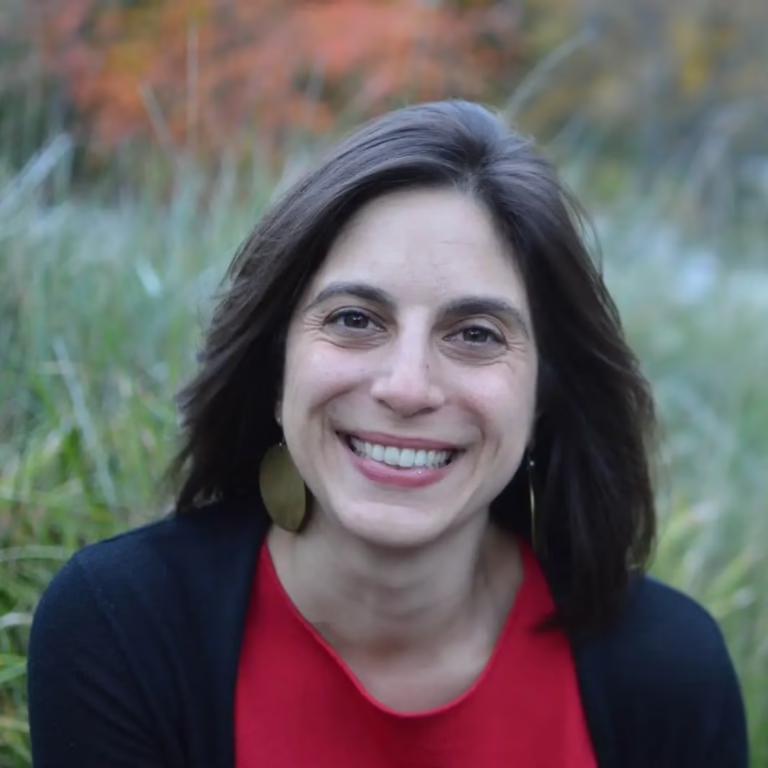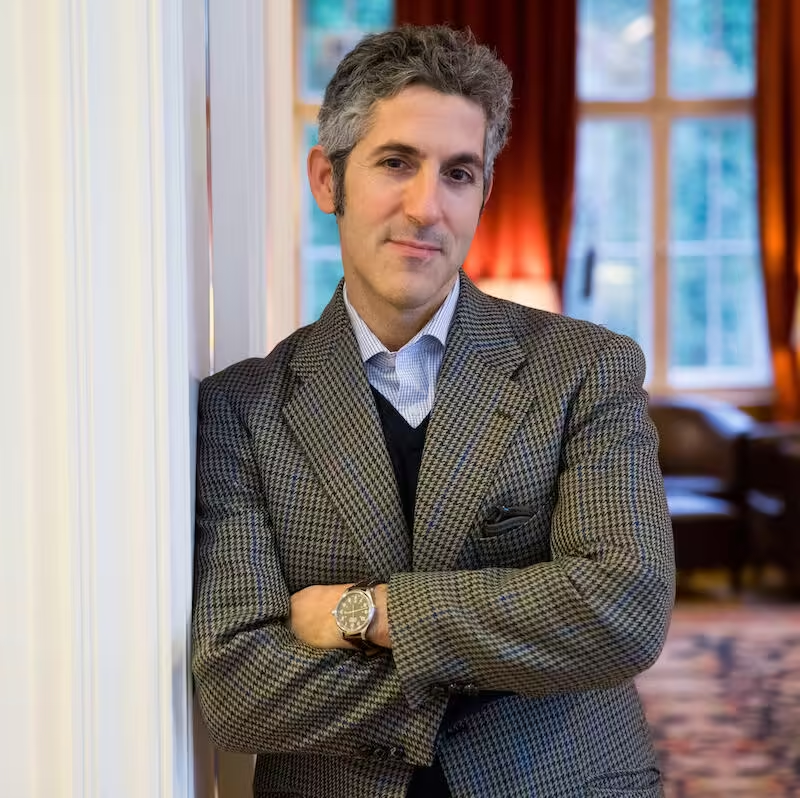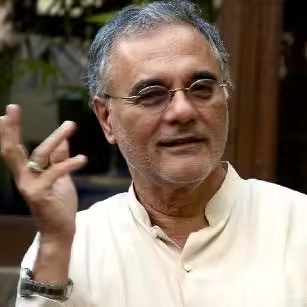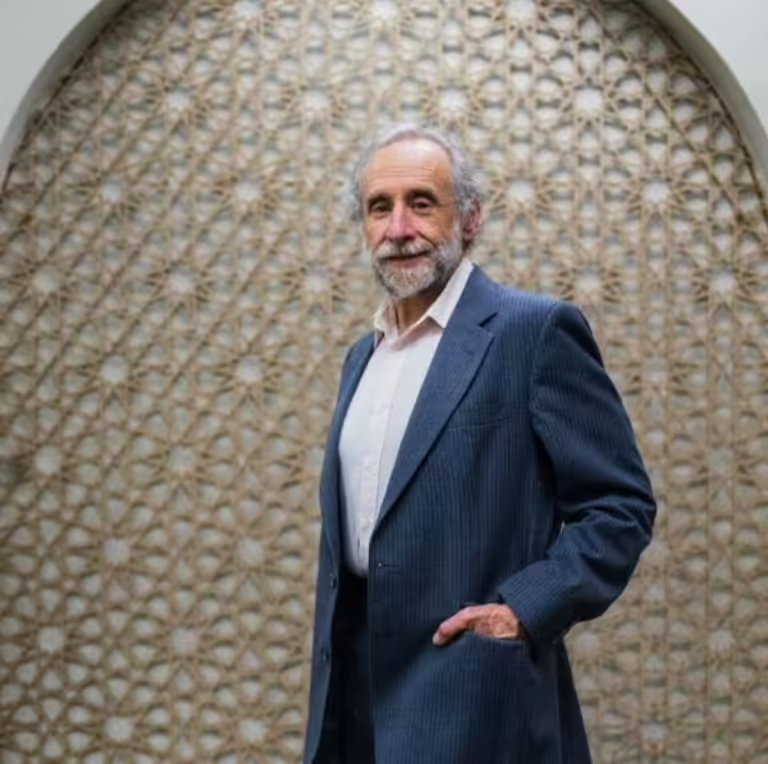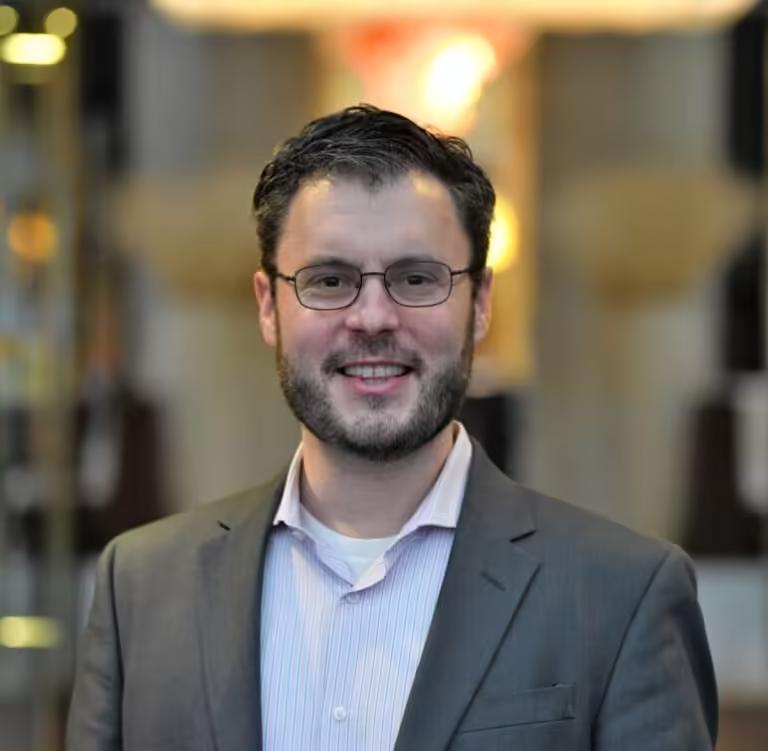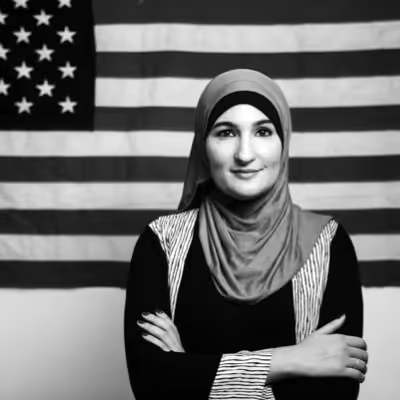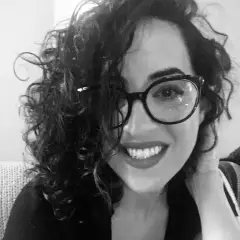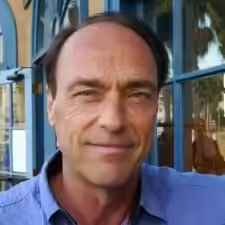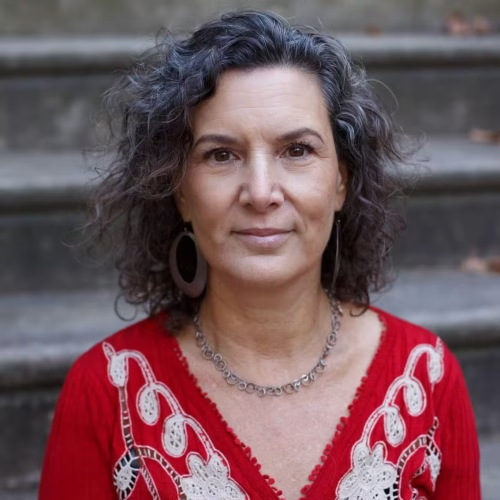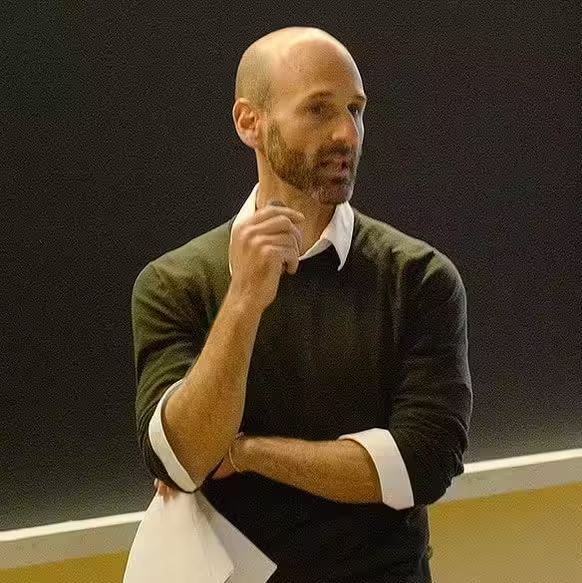Toolbox: Gaza, Israel, and the Middle East
The speakers and educational resources available in this toolbox will engage your group in conversations about Israel, Palestine, Gaza, Iran, campus protests, settler colonialism, and more.
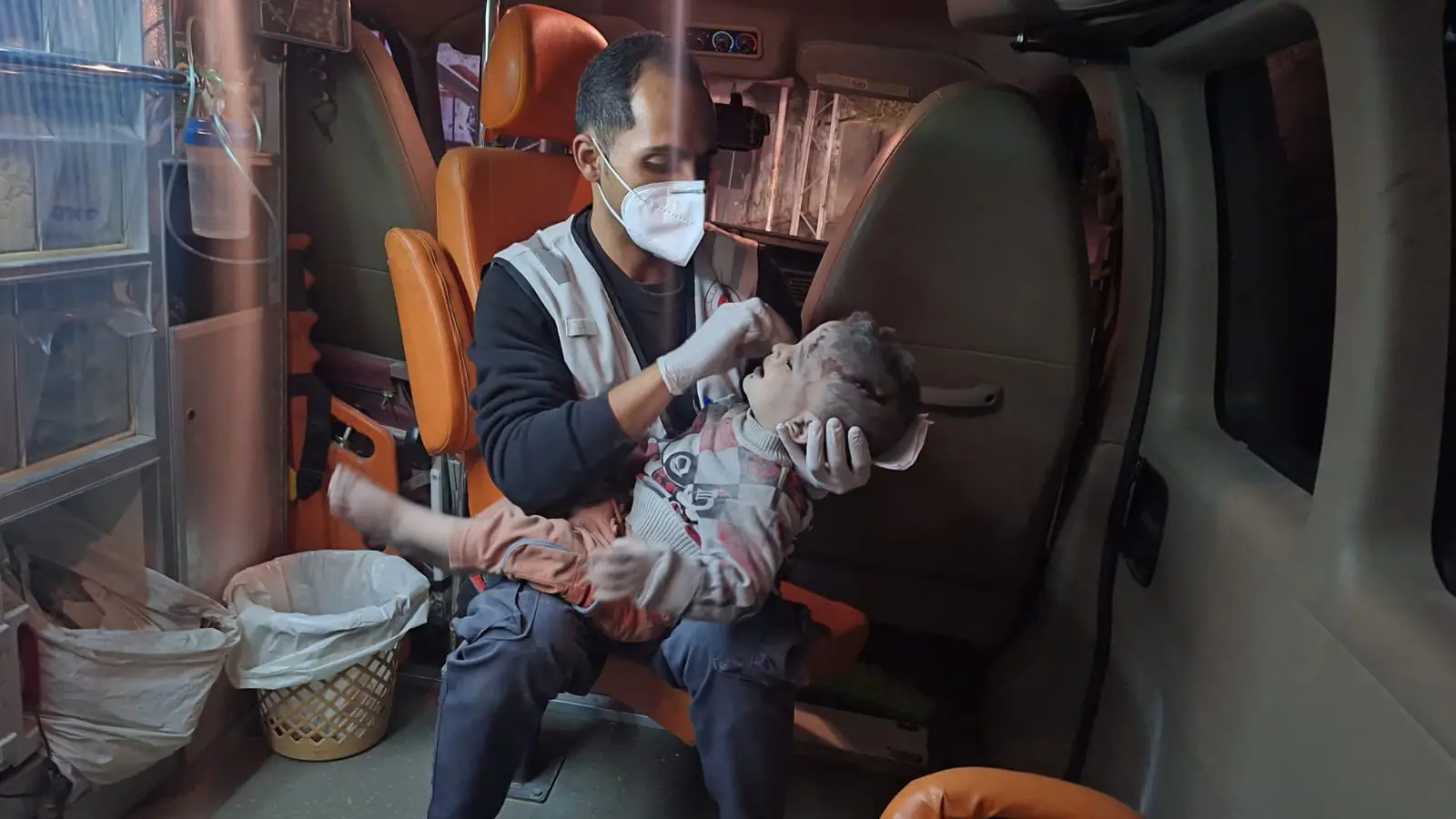
Primers and Presentations
Primer
If you’re hosting an in-person teach-in, organizers should plan to keep their attendees safe. This document can help you do that: Hosting a safe Teach-in
Gaza, Israel, and the Middle East 1-page Primer |Teach-In Network
Who’s Who in the Gaza / Israel Conflict? | Teach-In Network
Palestine Primer | Teach-In Network
Palestine, Israel and the Arab-Israeli Conflict: A Primer | Middle East Research and Information Project
A Primer on Gaza | Anera
Foreign Policy Primer | Progressive Hub
Presentation Slides
Mix-and-match presentation slides as you see fit. Not every slide or presentation works for every group. Cater the presentation to what is most useful to your group, club, or organization.
(instructions: Open the slides below and click File -> Make a Copy -> Entire Presentation to customize your own presentations.)
Resources
Guides
Guide: Connecting the War in Gaza and the Potential for Nuclear War | Defuse Nuclear War
Guide: Sanctions: The Good, The Bad, and the Criminal | World BEYOND War
Guide: Sanctions on Iraq Fact Sheet | World BEYOND War
Guide: Guide for Jewish Anti-Zionist Allyship | Good Shepherd Collective
Guide: Everything you need to know about Israel-Palestine | Vox
Maps
Map: The Middle East Key Players & Notable Relationships | information is beautiful
Map: Al Jazeera Live tracker: Israel-Gaza war in maps and charts
Map: Gaza Strip Damage Assessment | Good Shepherd Collective
Map: Gaza Strip Road Damage Assessment | Good Shepherd Collective
Map: Military Empires: A Visual Guide to Foreign Bases | World BEYOND War
Statistics
Videos
Documentaries
Interviews and conversations
Add some content for each one of your videos, like a description, transcript or external links.To add, remove or edit tab names, go to Tabs.
Teach-ins
Social media accounts
These accounts are useful for staying in-the-know on what’s actually happening in Israel, Gaza, and the Middle East.
Twitter / X
- Drop Site News | Twitter
- Huwaida Arraf | Twitter
- Jewish Voice for Peace | Twitter
- Mariam Barghouti| Twitter
- Mohamed El Kurd | Twitter
- Muhammad Shehada| Twitter
- Muna El Kurd | Twitter
- National SJP | Twitter
- Noura Erakat | Twitter
- Nora Barrows-Friedman | Twitter
- Omar Baddar | Twitter
- Palestine action | Twitter
- Palestine feminist collective | Twitter
- Palestine legal | Twitter
- Palestinian youth movement | Twitter
- Ramzy Baroud | Twitter
- Trita Parsi | Twitter
- Writers against the war on Gaza | Twitter
- Zachary Foster | Twitter
- Zeteo | Twitter
Instagram
TikTok
- Bisan | Tik Tok
Articles
The Most Prominent Historian of Palestine on What the Last Year Has Meant by Noah Lanard
Khalidi argues that Biden’s and Harris’ failure to acknowledge Palestinian suffering or leverage U.S. influence to halt Israel’s actions reflects the administration’s alignment with pro-Israel lobbying and its detachment from potential domestic electoral consequences, especially among young voters and Arab Americans. He expresses concern that this support may deepen regional conflicts, risking a broader, prolonged war. Khalidi’s historical perspective suggests that ignoring the humanitarian impact of Israeli policies and dismissing shifts in public opinion may lead to further instability and entrenched resistance.
Chalking Bans and ID Checks at Protests Repress Palestine Solidarity on Campus by Amira Jarmakani
Amidst ongoing conflict in Gaza, U.S. universities have implemented strict policies to curb pro-Palestine activism on campuses. These measures include bans on encampments, strict ID requirements, and limitations on free speech activities like chalking and mask-wearing. Citing antisemitism as justification, some universities have blocked screenings of pro-Palestinian films and disciplined students and faculty supporting the movement. Organizations such as Hillel and the ADL have influenced campus policies, advocating for restrictions under the pretense of security, and new rules target pro-Palestinian speech as unlawful. In this climate, university administrations leverage militarized strategies that echo historical counterinsurgency tactics, employing policy as a tool of repression, and sidelining dissent in a manner reminiscent of past political crackdowns.
Opposed to Genocide in Gaza, This Is the Conscience of a Nation Speaking Through Your Kids by Rashid Khalidi
In a speech following a police raid on Columbia University demonstrators, Rashid Khalidi compares the current student activism to the Vietnam War protests of the 1960s, asserting that students are once again the conscience of the nation, risking their futures to stand against injustice. Khalidi criticized the university administration for succumbing to external pressures and ignoring public opinion, which he believes already opposes the war and genocide. He emphasized that the police repression faced by students is only a fraction of what Palestinians have endured under occupation for decades, and he called for continued resistance against these injustices.
"Why we're not seeing the real Gaza war in the media" by Norman Solomon
This article highlights how major newspapers disproportionately emphasize Israeli deaths while using more emotional language for Israeli victims than for Palestinians. The piece criticizes the superficial and repetitive nature of coverage, which normalizes the escalating violence in Gaza. The author contends that Israeli actions, including civilian deaths and the destruction of infrastructure, are intentionally underreported, with the U.S. government complicit by providing military support.
Biden’s Israel Policy Has Led Us to the Brink of War on Iran by Medea Benjamin and Nicolas J.S. Davies
Following recent Israeli assassinations of Iranian, Hezbollah, and Hamas leaders, Iran launched about 180 missiles at Israel on October 1, escalating regional tensions. Israel is now contemplating a counterattack that could lead to all-out war, potentially drawing the U.S. into the conflict. While Iran’s new president, Masoud Pezeshkian, has sought diplomatic reconciliation with the West and reiterated Iran’s commitment to the JCPOA nuclear deal, the U.S. continues to supply Israel with military aid and obstruct ceasefire efforts at the U.N. The Biden administration’s lack of diplomatic intervention, along with Netanyahu’s longstanding push for U.S. involvement against Iran, has intensified the crisis. Pro-Iran militias in Iraq have threatened U.S. bases if America joins Israel in attacking Iran, further fueling the likelihood of a larger, devastating conflict.
Maine’s largest city passes resolution divesting from Israel over Gaza war
The resolution, sponsored by the Maine Coalition for Palestine and Jewish Voice for Peace Maine chapter, aims to withhold all city money and investments from companies that are “complicit in Israel’s war crimes in Gaza”. The resolution includes a divestment list naming 85 entities, including Boeing, Caterpillar, Chevron, General Dynamics, Intel and Volvo.
Anti-Zionism as Decolonization
The article argues that anti-Zionism is a form of decolonization and indigenous liberation, positioning Zionism as a colonial project that erases Palestinian identity and seizes resources. It highlights the growing global movement against Zionism, spurred by the atrocities in Gaza, with new activists searching for anti-Zionist spaces rooted in Palestinian leadership. The article asserts that dismantling Zionist structures is essential for decolonization, stressing that Palestinians are the primary authors of anti-Zionist thought. It critiques Western frameworks and NGOs for sidelining true decolonization and calls for bold, transparent anti-Zionist organizing focused on Palestinian liberation.
Atlanta to Gaza: Free Palestine and Stop Cop Cities
From Atlanta to Palestine, our struggles are inextricably intertwined, and the latest round of police violence against protesters proves this. The IOF utilizes their Urban Warfare Training Center, built in 2005, to “train” IOF soldiers in violent occupation and counter-insurgency, brutally suppressing Palestinians and Palestinian resistance daily. This includes environments designed to replicate the ‘on the ground conditions’ in Gaza, known as “Mini Gaza“, and is the dangerous inspiration for the Cop Cities being built across the U.S.
How the U.S. and Israel exchange tactics in violence and control
Two decades of Israeli-US police cooperation includes training in racial profiling and violent suppression of protests. Since just months after the 9/11 terror attacks, agents from the FBI, CIA, and Immigration and Customs Enforcement (ICE) – have been schooled at these meetings in both Israel and the U.S., sponsored by far-right Israeli lobby organisations.
Rashid Khalidi: Violent Settler Colonialism Caused This War
Rashid Khalidi is a leading historian of the Middle East. In an interview, he explains how the current war in Palestine is the product of decades of violent settler colonialism designed to drive the Palestinians from their land.
The Civil Rights Law Shutting Down Pro-Palestine Speech
The controversy at Barnard College over a screening of the documentary Israelism highlights how Title VI of the Civil Rights Act has been increasingly weaponized to suppress pro-Palestinian speech on college campuses. While the event ultimately proceeded, university administrators initially sought to delay it, citing fears of legal repercussions and federal funding risks due to alleged violations of anti-discrimination laws. This case reflects a broader trend of using Title VI complaints, often linked to the controversial IHRA definition of antisemitism, to target criticism of Israel as discriminatory, chilling free speech and fostering self-censorship among universities under pressure from pro-Israel advocacy groups and political actors.
The conflicted history of Israel, Lebanon, and Hezbollah, explained
Israel’s recent invasion of Lebanon stems from decades of conflict rooted in the displacement of Palestinian refugees and the rise of Hezbollah, a powerful militant group aligned with Iran. While Israel seeks to weaken Hezbollah and protect its northern border, its actions—including widespread bombings and displacement of Lebanese civilians—have intensified hostility and destabilized the region further. Historically, Israeli interventions have often backfired, fueling new adversaries and deepening animosity, with the current conflict showing little sign of resolution.
Expert Speakers
Use the form below to gain access to expert speakers on nuclear war and nuclear weapons activism. See our full list of Expert Speakers here.

Hanieh Jodat Barnes
Gaza, Israel, and the Middle East; Nuclear War
Senior Partnership Coordinator at RootsAction, Strategist with Defuse Nuclear War, founder of Progressive Democrats of America Middle East Alliances. Former political strategist for Cori Bush and Nina Turner for Congress. Published author.
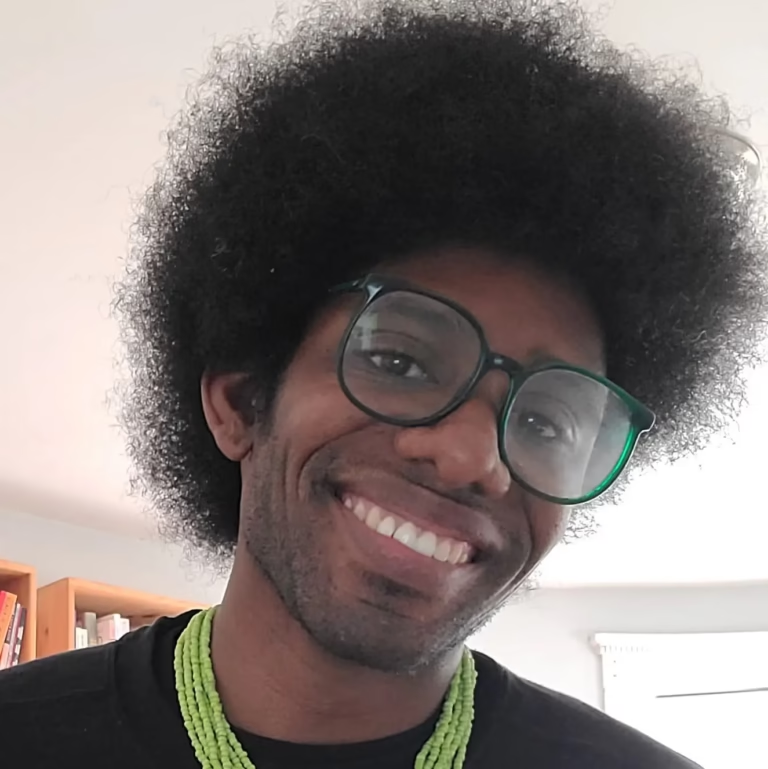
Khury Petersen-Smith
Gaza, Israel, and the Middle East
Michael Ratner Middle East Fellow and Co-Director of the New Internationalism Project at the Institute for Policy Studies. He writes, speaks, and researches about US support for Israel, Black and Palestinian solidarity, and US militarism in the Middle East and Pacific.

Norman Solomon
Gaza, Israel, and the Middle East; Nonviolent Activism
National director of RootsAction.org and executive director of the Institute for Public Accuracy. Author of over a dozen books including 2023’s War Made Invisible: How America Hides the Human Toll of Its Military Machine, with a new afterword about the war on Gaza.
